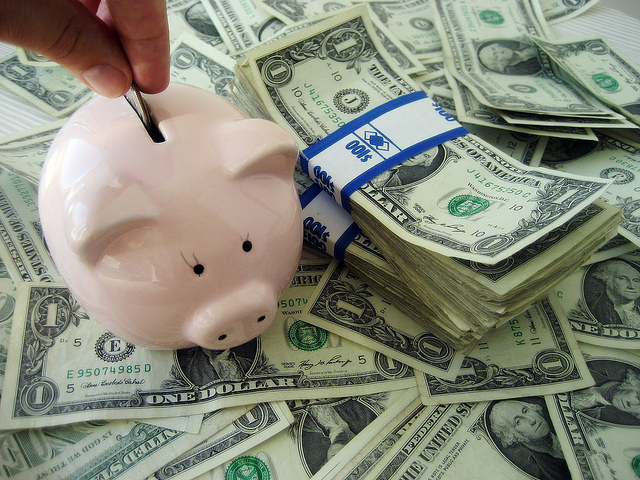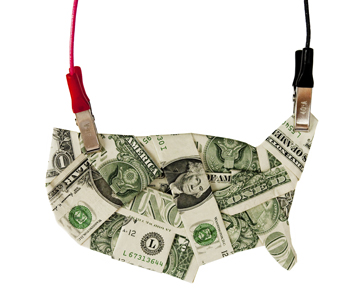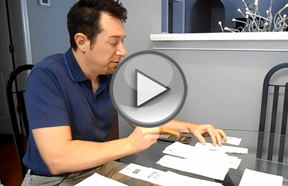
Some people may not think about recent grads when it comes to debt. After all, how many recent students have a house, luxury vehicle, kids, etc. But those graduates who didn’t have the benefit of scholarships or parents who paid their way through college most likely had no other choice than student loans.
The faster you pay off the debt you owe—be it on a car, student loans, etc.—the better. Unless there’s a prepay penalty on the loan, you’ll save in interest when paying it off early. And student loans and/or credit card debt are a great place to start this practice.
First, make sure you have a budget. This way you can make sure you are covering your needs before your wants each month. Live within your means, spending what you have and saving up for anything that costs more than you have the money for. Then list out all your debts: the creditor, the total, the interest rate, and the minimum monthly payment.
The preparation above will help ensure (or identify if) you have some discretionary income to apply toward debt reduction (always pay against the principal when paying more than the minimum payment). You can also pick up additional work on the side, be it freelance or a part-time job in the hours around your full time job. For example, my friend Jason bartends two nights a week.
Pay off the debt with the highest interest first, then on down the list. Obviously, don’t take out mini loans from your bank, do Cash Advance type loans, or go on shopping sprees with your credit card. You don’t want to add to your debt when the goal is to be as debt-free as possible.
You may want to investigate consolidating all your debt into one lower interest loan. This strategy may help reduce the amount of interest you accumulate monthly, providing you more cash to use toward paying off the balance.*
If you have a month where for some reason you will not be able to make the full payment, contact that creditor. Creditors are used to working with their customers and would rather you be proactive in working out an alternate arrangement than get behind on payments. Further, you may have more options if you get in touch before that month’s deadline rather than waiting until the payment is overdue.
If you ever see you cannot make, for instance, your car payments, contact the lender to discuss options. It’s far better to do this than to allow repossession…or in the case of an apartment, eviction. Eviction has many consequences, and just running from the aftermath of that situation will not absolve them.
Though having your debts paid off may seem like an ideal but distant goal, don’t give up. Chip away at that debt. Getting it off your plate can reduce stress, save you money, establish good money management habits, and help raise your credit score.
*“How to Pay Off Debt: Six Steps to Success,” 2014 Regions Bank article
Don’t miss a thing. Subscribe to receive updates by email.
Looking for a new job? Want to get the one you want faster? Check out my new book, Here Today, Hired Tomorrow.


